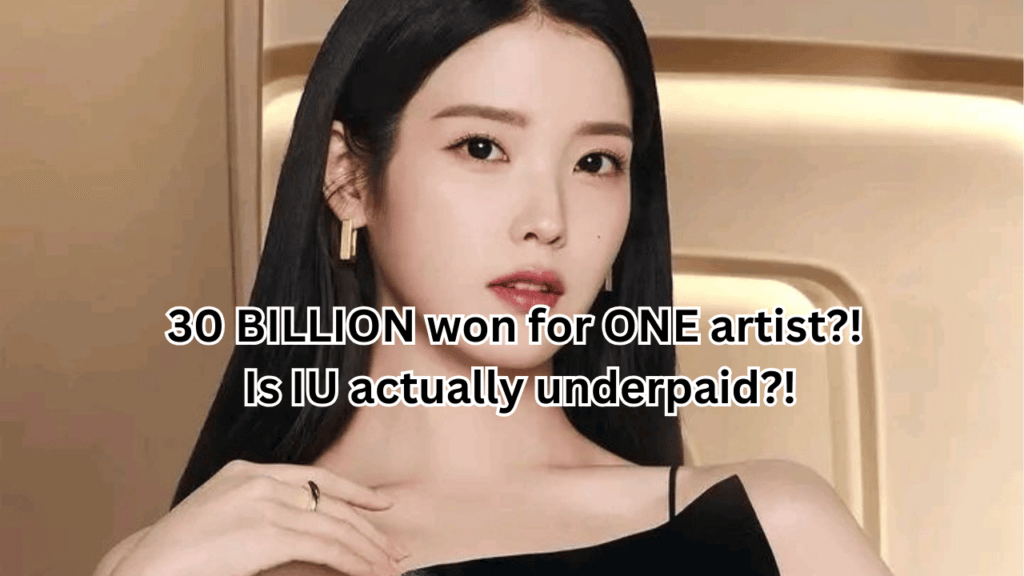White Day in Korea is a cherished romantic holiday celebrated on March 14th, exactly one month after Valentine’s Day. This special occasion gives men the opportunity to reciprocate the gifts they received from women on February 14th. White Day in Korea has become deeply embedded in the country’s modern dating culture since its introduction in the late 1970s, creating a beautiful balance in how couples express their affection for one another.
Unlike Western traditions, Valentine’s Day in Korea primarily involves women giving gifts to men. White Day then flips this dynamic, allowing men to show their appreciation and affection in return. This two-part celebration creates a unique rhythm to romance that has become distinctly Korean despite its Japanese origins.
The Origins and Meaning of White Day in Korea
White Day in Korea actually originated in Japan in 1978 when the National Confectionery Industry Association created an “answer day” to Valentine’s Day. Initially called “Marshmallow Day,” it was a marketing campaign by confectionery companies to encourage men to return the favor for chocolates they received on Valentine’s Day. The tradition quickly spread to South Korea, Taiwan, and China, becoming an integral part of East Asian romantic customs.

The name “White Day” comes from the traditional color of the gifts exchanged. Originally, men were expected to give white marshmallows, hence the initial name “Marshmallow Day”. The white color was chosen as it symbolizes purity, representing pure love between couples. Though the holiday has evolved, the connection to the color white remains significant in how White Day in Korea is celebrated.
See also: NCT TEN brings edge to concrete jungle in STUNNER teasers
How White Day is Celebrated in Korea Today
On White Day in Korea, men typically present their girlfriends, female friends, or colleagues with special gifts as a way to reciprocate the Valentine’s Day presents they received. Traditionally, these gifts included white-colored items like white chocolate, white candy, or marshmallows. However, modern celebrations have expanded beyond just white-colored treats.
Today, men often give a variety of gifts ranging from chocolates and candies to flowers, jewelry, and even expensive gadgets. There’s actually an unwritten rule that men should return gifts that are three times the value of what they received on Valentine’s Day. This practice, known as “sanbai gaeshi” or “triple return,” shows the importance of reciprocity in Korean gift-giving culture.
Department stores, convenience stores, and supermarkets across Korea prepare extensively for White Day, stocking their shelves with ready-made treat baskets, stuffed teddy bears, and flower bouquets. The commercial aspect of White Day in Korea has grown significantly, with retailers and confectionery brands launching exclusive products, seasonal promotions, and themed marketing campaigns to capitalize on this romantic occasion.
The Social Significance of White Day in Korean Culture
White Day in Korea goes beyond just exchanging gifts—it reflects deeper cultural values of mutual affection and appreciation. For established couples, White Day offers an opportunity to strengthen their bond through thoughtful gift-giving and special dates. Many couples celebrate with romantic dinners or visits to popular dating spots, which become noticeably crowded on March 14th.
For those not yet in official relationships, White Day in Korea can be a meaningful opportunity for men to confess their feelings. The phrase “사랑을 고백하다” (sarangeul gobaekada), meaning “to confess one’s love,” is closely associated with this holiday. By returning a gift with something more elaborate or valuable, a man can signal his serious interest in pursuing a relationship.
In recent years, social media has amplified the cultural significance of White Day in Korea. Young people eagerly share their White Day celebrations online, posting photos of gifts received and special moments spent with loved ones. This creates a festive atmosphere around the holiday and builds anticipation for the annual celebration.
Final Thoughts on White Day in Korea and Its Place in Modern Romance
White Day in Korea beautifully illustrates how the country has adapted and transformed a commercial holiday into a meaningful cultural tradition. What started as a marketing campaign has evolved into an important expression of mutual affection, generosity, and appreciation in relationships. The reciprocal nature of Valentine’s Day and White Day creates a balanced approach to romance that resonates with Korean cultural values.

As White Day continues to evolve, it remains a cherished part of Korea’s romantic calendar. The tradition showcases how gift-giving can be a meaningful language of love, allowing couples to express their feelings through thoughtful gestures. What do you think about this unique Korean tradition? Would you like to experience White Day celebrations in Korea someday?






